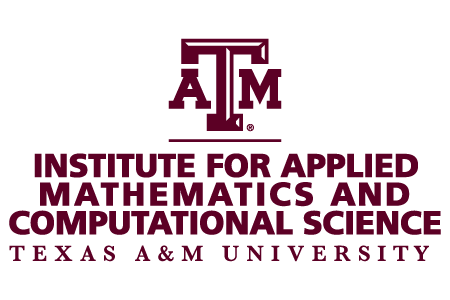Peter Mueller, University of Texas, Austin
Talk Title: “Creating a Synthetic Control Cohort from RWD using a Bayesian Nonparametric Common Atoms Model”
Abstract:
We propose a model-based approach using nonparametric Bayesian common
atoms models to create synthetic matching populations from available data.
The model and method are developed in the context of single-arm,
treatment only clinical trials. The single-arm cohort is complemented by a
synthetic control arm that is created from readily available external data in
the form of electronic health records (EHR).
Although randomized clinical trials (RCT) remain the gold standard for
approvals by regulatory agencies, the increasing availability of such real
world data has opened opportunities to supplement increasingly
expensive and difficult to carry out RCT’s with evidence from readily
available real world data.
We propose a novel nonparametric Bayesian common atoms mixture model
that allows us to find equivalent population strata in the EHR and
the treatment arm and then resample the EHR data to create equivalent
patient populations under both, the single arm trial and the resampled
EHR. Resampling is implemented as a density-free importance sampling
scheme. Using the synthetic control arm inference for the treatment
effect can then be carried out using any method available for
RCTs. Alternatively the proposed nonparametric Bayesian model allows
straightforward model-based inference. In simulation experiments, the
proposed method vastly outperforms alternative methods. We apply the
method to supplement single arm treatment-only glioblastoma studies
with a synthetic control arm based on historical trials.

